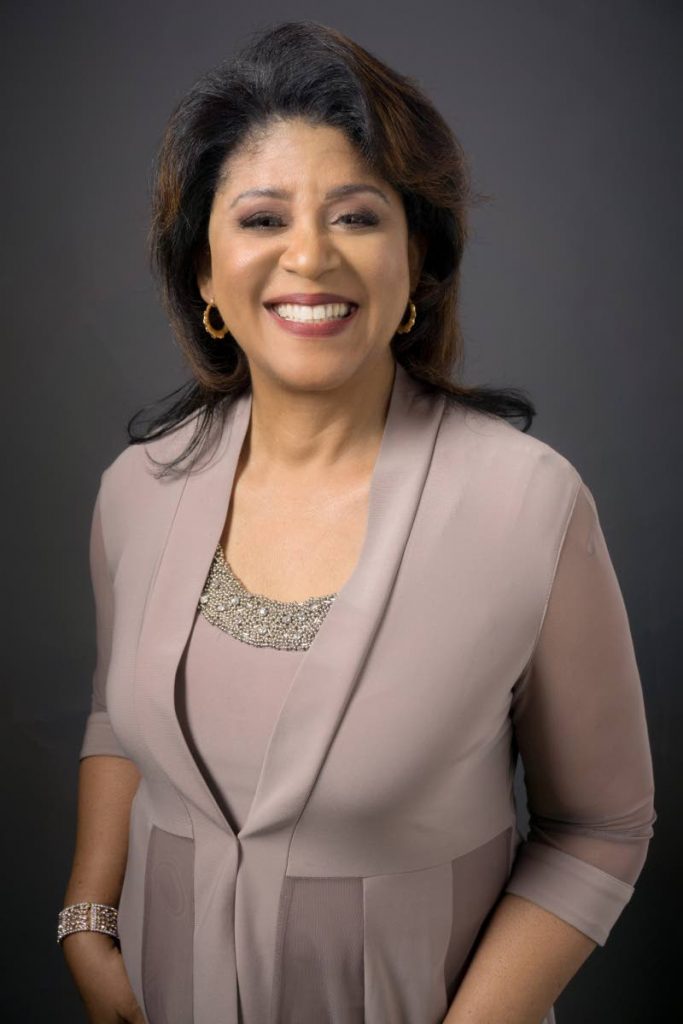Practising human rights in a disabled society

DR MARGARET NAKHID-CHATOOR
HUMAN RIGHTS Day is celebrated on December 10 and its theme, Recover Better – Stand Up for Human Rights, relates to the covid19 pandemic. It focuses on the need to build back better by ensuring that human rights are central to the recovery efforts of all those people affected, to create equal opportunities for all and “to apply human rights standards to tackle entrenched, systematic, and intergenerational inequalities, exclusion and discrimination.”
The General Assembly of the United Nations adopted and proclaimed the Universal Declaration of Human Rights on December 10, 1948, as an opportunity “to reaffirm the importance of human rights in rebuilding the world we want, the need for global solidarity, as well as our interconnectedness and shared humanity.” It is a shout-out to us on this day and every other day that no matter where we live, what we believe, how we look or how we love, we are each individually deserving of the most basic fundamentals of human needs such as food, shelter and water.
In this society, can we practise human rights or talk about social justice issues and equity when we are disabled in our viewpoints and construct walls around ourselves to exclude those who are “not like us?” The social model of disability states that disability is caused by the way society is organised and not by a person’s impairment or difference (UNICEF). Can we, therefore, talk about inclusion when we have created the barriers of scepticism, mistrust, bias, and prejudice to exclude others?
Two major issues come to the fore: migrants and children with disabilities excluded from necessary societal provisions.
The current migrant issue in our country is one that has been a topic of debate for the last few years, arousing many emotions from empathy, sympathy and pity to anger, distrust, and increasing xenophobia. Many people believe that Trinidadians/Tobagonians are doing migrant Venezuelans a “favour” by allowing them a place of refuge and offering them jobs and an opportunity to provide for their families. This is not the case.
According to the Charter of the UN (2016), of which TT is a member, it is important to note that TT is considered as a destination country for migrants and it is the responsibility of a country to offer refuge to those who are fleeing adverse circumstances. The following clauses in the UN Charter also pertain:
• Migrants should not be treated as criminals.
• Detention should only be considered a last resort.
• Alternatives should be actively sought and if detained migrants should be kept apart from people detained in the criminal process
• Families should not be separated and children should never be detained as the detention of children is incompatible with the principle of the best interests of the child.
The Government has made decisions that it deems in the best interest of a country that is also coping with a pandemic, given the limited resources in our health and social services. The citizens are its first priority and part of their mandate is to serve. The concept of "good governance," however, centres on the responsibility of governments to be equitable and inclusive. Today, accountability, transparency, inclusiveness, equitability, and sustainable development have become the key ingredients of good governance.
National Security Minister Stuart Young in an interview stated that “joint conversations are needed.” Agreed. It is crucial that we keep the lines of communication open at all levels of society and between countries – open to dialogue, beneficence and goodwill.
When will the conversation change for us to realise that we have created a disabled society that is unable to see beyond or accept difference; one that is often not transparent or inclusive; one that is unable to go past the boundaries set for us by a particular group in the society intent on keeping those set boundaries?
And are people really disabled or is it our society that is disabled in its thinking and unable to include those who are different – challenged by circumstances beyond their control – whether it is about people who are different visually, have auditory impairments, mentally and cognitively, or migrants who need to be accommodated? Are standards created to suit one type of person to the exclusion of those with psychosocial and mental health issues? People with disabilities and their families spend more money on healthcare, have poor access to educational opportunities, and are more likely to be unemployed, increasing poverty risks and levels.
Inclusion of those we perceive as different is a human rights issue. It is not an option. This can be possible when politicians and civil society change attitudes to disability and make obstacles easier to overcome for those excluded from the mainstream. Providing reasonable accommodations to all disadvantaged groups and changing this mindset is important. Not when we will see. Not tomorrow. Now.
Dr Margaret Nakhid-Chatoor is the immediate past president of TTAP and a psychologist/educator


Comments
"Practising human rights in a disabled society"